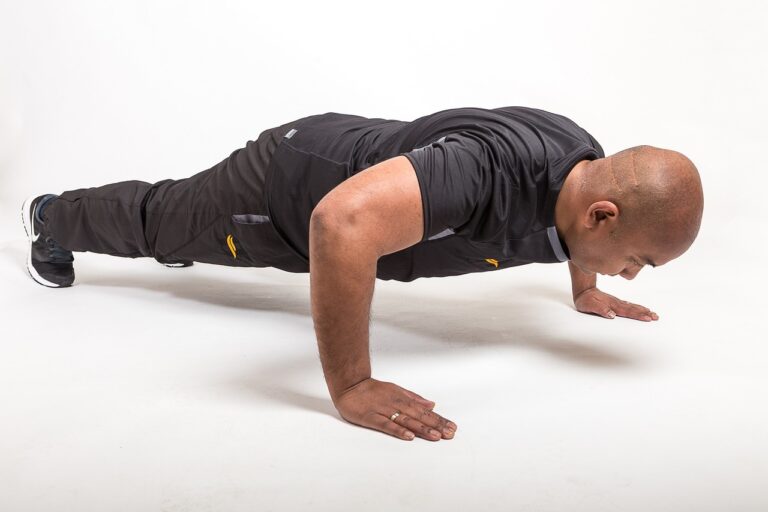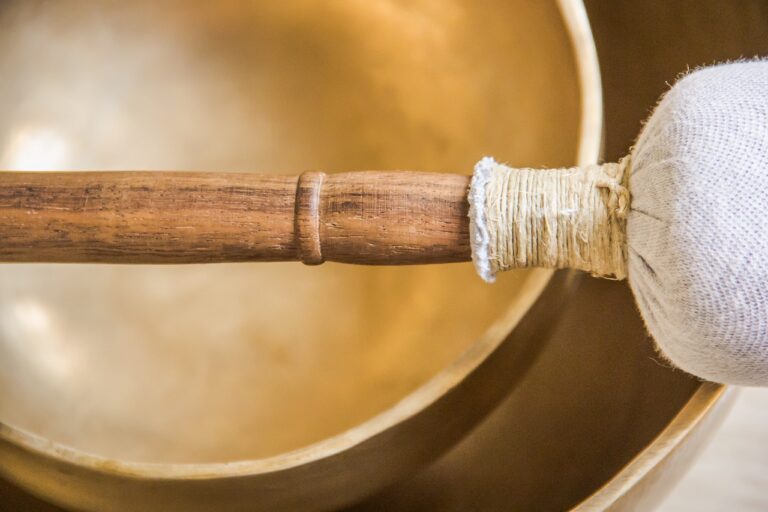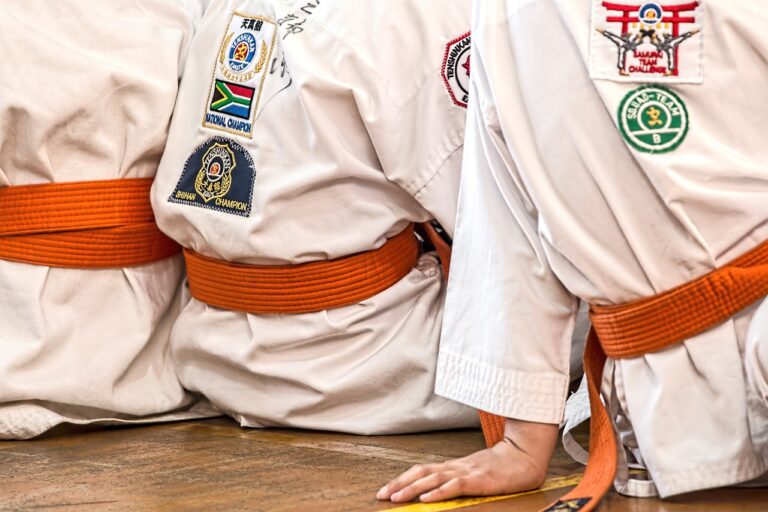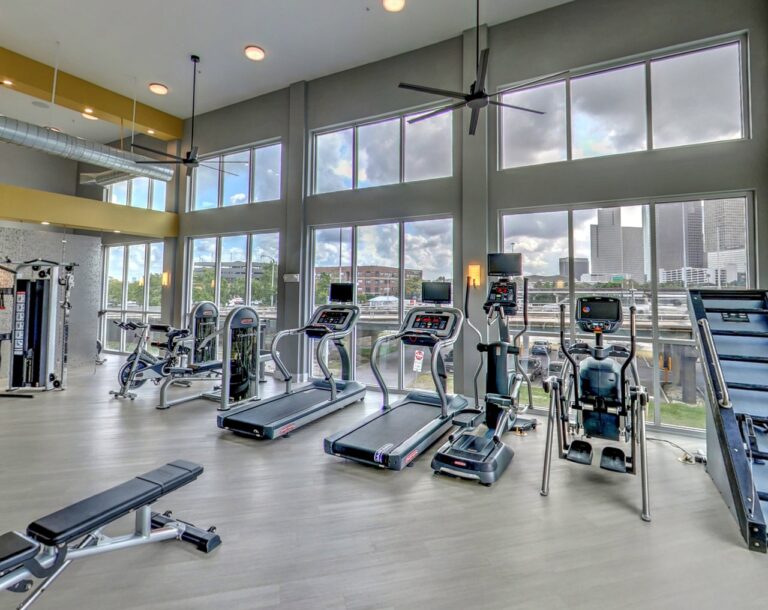The Role of Traditional Medicine in Integrative Rehabilitation Care
Integrative rehabilitation care focuses on a comprehensive approach to treatment that considers the physical, emotional, and psychological aspects of recovery. This approach involves collaborating with a multidisciplinary team of healthcare professionals to provide personalized care tailored to the individual needs of each patient.
The key principles of integrative rehabilitation care include promoting patient-centered care, emphasizing the importance of active participation in the rehabilitation process, and fostering a holistic view of health and wellness. By addressing the interconnectedness of the mind, body, and spirit, integrative rehabilitation care seeks to optimize outcomes and improve the overall quality of life for patients undergoing rehabilitation.
Understanding the Holistic Approach in Traditional Medicine
Holistic approach in traditional medicine encompasses the belief that the body, mind, and spirit are interconnected and must be treated as a whole. This means that instead of focusing solely on symptoms, holistic medicine addresses the underlying causes of illness or injury. By considering a person’s physical, emotional, and spiritual well-being, holistic practitioners aim to promote overall health and wellness.
Traditional medicine approaches healing by looking at the individual as a whole, rather than just focusing on specific areas of concern. This involves considering factors such as lifestyle, environment, emotions, and mental health when designing a treatment plan. By taking a holistic approach, traditional medicine seeks to restore balance and harmony in the body, leading to optimal health and well-being.
• Traditional medicine believes in treating the body, mind, and spirit as interconnected
• Focuses on addressing underlying causes of illness or injury
• Considers physical, emotional, and spiritual well-being for overall health promotion
• Looks at individuals as a whole rather than focusing on specific areas of concern
• Takes into account lifestyle, environment, emotions, and mental health in treatment plans
• Aims to restore balance and harmony in the body for optimal health and well-being
Benefits of Integrating Traditional Medicine in Rehabilitation
Traditional medicine offers a unique perspective on health and healing, encompassing ancient practices and wisdom that can complement modern rehabilitation techniques. Integrating traditional medicine into rehabilitation programs can provide a holistic approach that addresses the physical, mental, and emotional well-being of individuals undergoing treatment. By incorporating traditional remedies, such as herbal medicine, acupuncture, and mindfulness practices, patients can experience a more comprehensive and personalized care plan tailored to their specific needs.
Furthermore, the integration of traditional medicine in rehabilitation can enhance the effectiveness of treatment outcomes by promoting overall wellness and balance in the body. These holistic practices focus on not just alleviating symptoms, but also addressing the root cause of health issues, leading to long-lasting benefits for patients. By combining the best of both traditional and modern medical approaches, individuals can experience a more well-rounded and integrative rehabilitation process that supports their journey towards recovery and improved quality of life.
What are some key principles of integrative rehabilitation care?
Key principles of integrative rehabilitation care include a patient-centered approach, collaboration between different healthcare providers, and a focus on treating the whole person, not just the symptoms.
How does traditional medicine fit into the holistic approach in rehabilitation?
Traditional medicine, such as acupuncture, herbal medicine, and mindfulness practices, can address not only physical symptoms but also mental, emotional, and spiritual well-being, aligning with the holistic approach in rehabilitation.
What are some benefits of integrating traditional medicine in rehabilitation?
Some benefits of integrating traditional medicine in rehabilitation include improved pain management, reduced side effects from medication, enhanced relaxation and stress reduction, and a more personalized approach to treatment that considers the individual’s unique needs and preferences.







